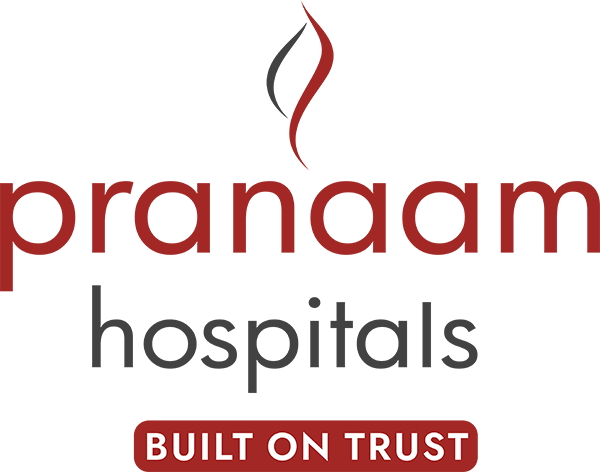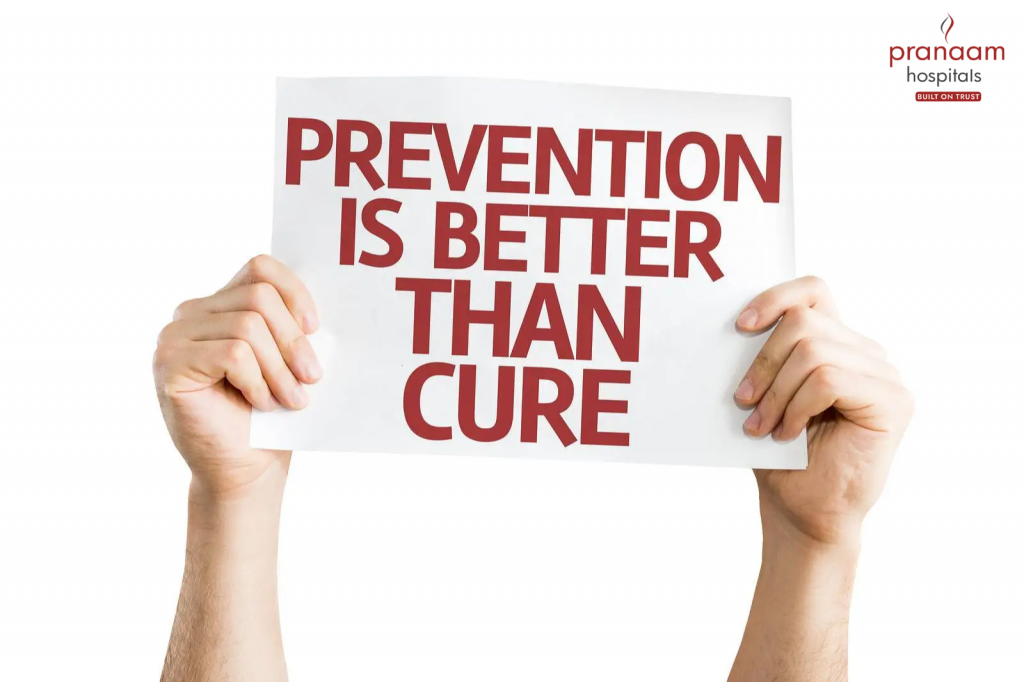Preventing cancer is a global health priority, aiming to reduce the incidence of this devastating disease and promote overall well-being. Through lifestyle modifications and health-conscious choices, individuals can significantly reduce their risk of developing cancer.
Here are some of the means to achieve this goal:
1. Healthy Diet: Consuming a nutritious diet is paramount for maintaining good health and minimizing the likelihood of cancer. Prioritize a diet rich in fruits, vegetables, whole grains, and lean proteins. These foods provide essential nutrients, antioxidants, and fiber that contribute to robust health and act as a preventive measure against specific types of cancer.
2. Regular exercise: Incorporating regular physical activity into daily routines is crucial for overall health and reducing cancer risk. Aim for at least 30 minutes of moderate-intensity exercise most days of the week, such as brisk walking or dancing. Exercise not only supports cardiovascular health but also plays a role in lowering the risk of cancer.
3. Avoid Tobacco: Steering clear of tobacco products, including cigarettes and chewing tobacco, is imperative in preventing various types of cancer, such as lung, mouth, throat, and bladder cancer. Quitting smoking is a pivotal step, and for those who haven’t started, refraining from tobacco use significantly contributes to cancer prevention.
4. Limit Alcohol Consumption: Moderating alcohol intake is essential for reducing the risk of cancer, including breast, liver, colorectal, and esophageal cancers. Refraining or at least limiting the consumption of Alcohol to a possible extent will help maintain a balance that aids in preventing cancer. However, it is an unavoidable fact that no matter how less the quantity or frequency, Alcohol consumption continues to be a major risk factor for developing cancer.
5. Sun Protection: Shielding the skin from harmful UV radiation is vital in preventing skin cancer, particularly melanoma. Use sunscreen with a high SPF, wear protective clothing, seek shade, and avoid tanning beds to minimize UV exposure and promote skin health.
6. Vaccinations: Certain vaccines play a pivotal role in preventing infections associated with an elevated risk of cancer. The human papillomavirus (HPV) vaccine, for instance, guards against cervical, anal, and other cancers linked to HPV infection.
7. Regular Screening: Early detection through regular screening is a cornerstone in identifying and treating cancer at its most manageable stage. Adhering to recommended screening guidelines for various cancers, including breast, colorectal, cervical, and prostate cancers, enhances the chances of successful intervention.
Conclusion:
In summary, cancer prevention encompasses a spectrum of lifestyle choices, behaviors, and medical interventions designed to lower cancer incidence. Embracing a healthy lifestyle, avoiding known risk factors, and participating in regular screenings, empower individuals to proactively reduce their cancer risk and promote overall health and well-being.
Also Read: Here are six common infant skin issues and care instructions
Total Knee Replacement: Need, What To Expect, and Recovery time?


